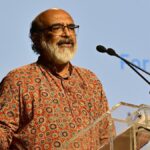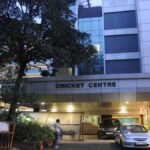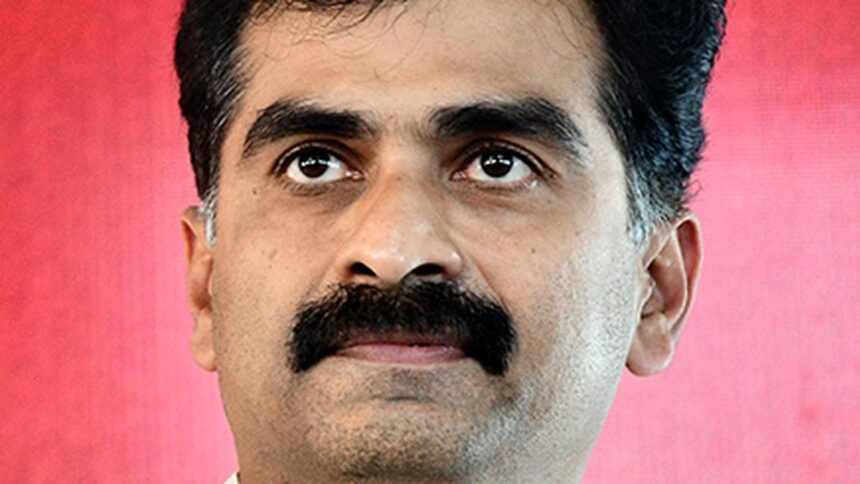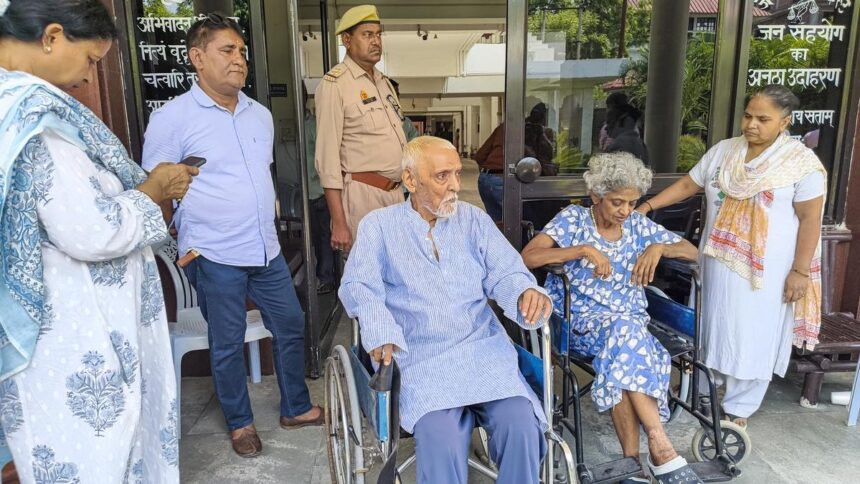
A visually impaired individual being trained on using a computer using screen readers at the Institute of Vision Rehabilitation, L.V. Prasad Eye Institute, Hyderabad.
| Photo Credit: Special Arrangement
In a modest room with six computers at the L.V. Prasad Eye Institute (LVPEI) in Hyderabad, a transformation is under way. Here, individuals with visual impairment, both young and old, are learning to type, guided by voices from the computers. Each keystroke is met with an audio response, helping the users become familiar with the keyboard through sound.
This room is part of the Institute for Vision Rehabilitation (IVR), a centre dedicated to empowering persons with visual impairment through assistive technology, vocational training and community-based services.
“In today’s technologically advanced society, it is almost impossible to complete education or secure meaningful employment without basic computer literacy. Computer assistive technology enables us to access information, work more efficiently and independently, and strive for financial independence,” said Prameela (name changed), a visually impaired woman who once trained at the centre and now teaches others.
The Assistive Technology Resource Centre at the institute offers hands-on training in computer use through advanced tools like Screen Readers and Magnifiers, including software such as JAWS (Job Access With Speech), MAGic, Kurzweil 1000, NVDA (NonVisual Desktop Access) and Window-Eyes. These tools allow users to navigate digital environments confidently, opening doors to both academic and professional success.
Established in 1992, the institute has supported over 2.8 lakh people. Beyond digital literacy, the institute also offers vocational and livelihood training, especially to those from rural backgrounds. Courses in tailoring, jute product making, and other traditional crafts help participants become financially independent and support their families. “These programmes are designed to create sustainable livelihood opportunities and improve overall quality of life,” said Beula Christy, head of the Institute for Vision Rehabilitation.
Another key feature of the institute is its digital audio library, where printed books are converted into audiobooks in various regional languages. Volunteers, ranging from students to professionals, record these books in a studio based on user demand. “This service is a boon for people who cannot see. Our volunteers help bring books to life,” Beula added.
The institute also operates a dedicated helpline to support visually impaired individuals seeking assistance for a range of needs, from mobility issues and accessing essential services to navigating everyday challenges. A trained team responds to each call with both practical solutions and emotional support. “We often receive calls from individuals who are stuck somewhere, need help reaching a destination, or are looking for a scribe for an upcoming exam. We step in to assist them with such immediate and practical requirements,” said a staff member managing the helpline
Despite its extensive services, the institute is facing a shortage of volunteers. “We have many people who need help, but not enough hands to support them. We urgently need volunteers who can spare just a few hours a week,” Beula appealed.
Published – July 10, 2025 03:45 am IST





















